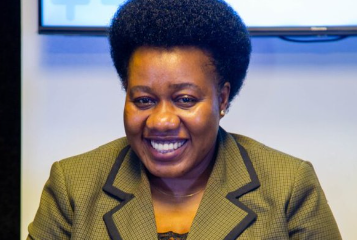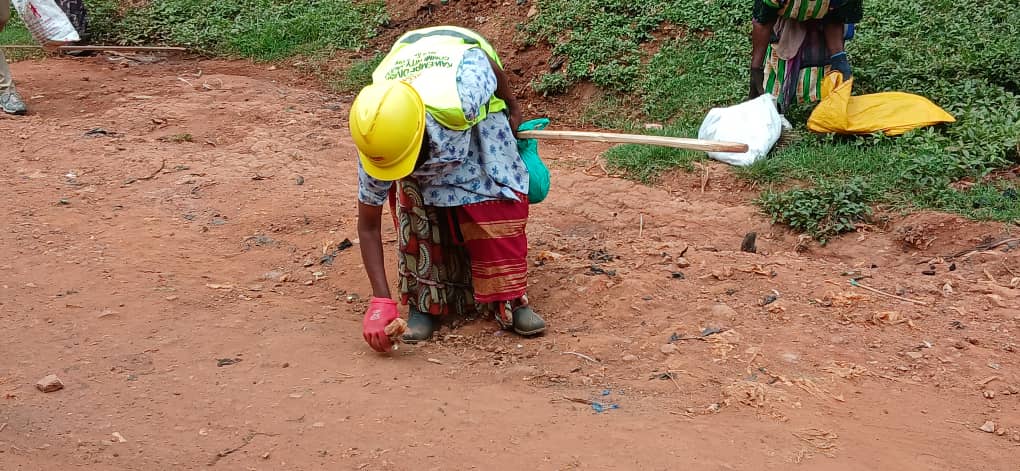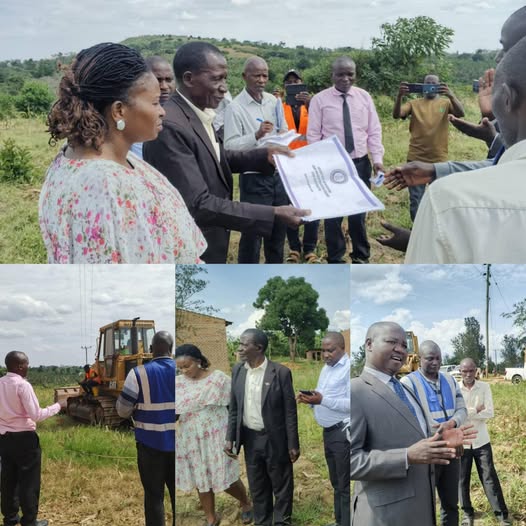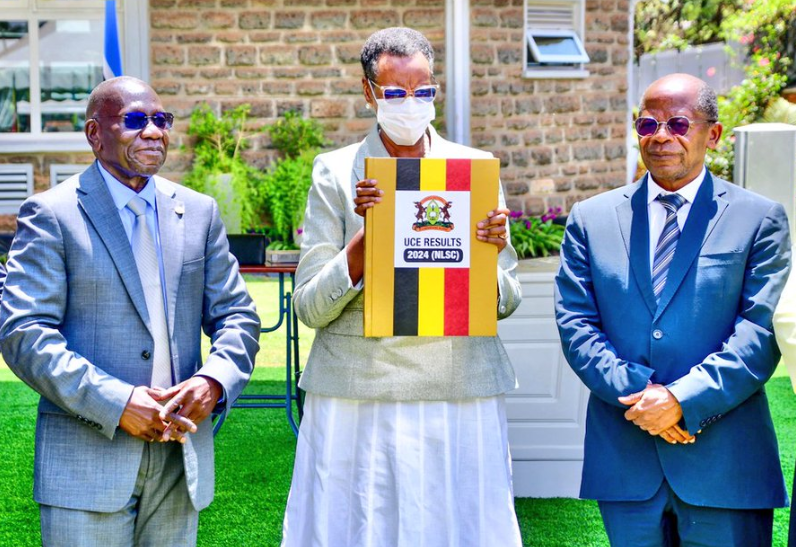A team of researchers from Uganda and South Africa has made a big discovery in the fight against tuberculosis (TB). They found that a simple and efficient artificial intelligence (AI) model, called VGG16, is better at spotting TB in chest X-rays than more complex, high-powered AI systems.
The study, led by Dr. Lillian Tamale from Victoria University in Uganda, showed that VGG16 correctly identified TB cases 99.4% of the time beating more advanced models like ResNet152. What makes this special is that VGG16 runs faster and needs less computing power, making it ideal for use in rural or low-income areas where TB is still a major health issue.
Another surprising finding? Extra techniques usually used to improve AI performance—like flipping or rotating the images didn’t help. That means the data they used was already strong enough on its own.
Dr. Tamale called the discovery a “game-changer” for global health, especially in areas with limited medical resources.
The full study is available in the July 2025 edition of the journal JMIRx Med, and the research data is free to use for anyone who wants to build on this work.
Dr. Lillian Tamale (PhD) is an Artificial Intelligence researcher and academic specialising in Computer Vision and Machine Learning for agricultural health and food safety.
Her groundbreaking PhD research led to the development and evaluation of a deep learning model for early aflatoxin detection in groundnuts, with the potential to significantly improve postharvest management among small-scale farmers in Uganda.
She currently heads the Department of Computing and Information Science at Victoria University and has over a decade of experience in teaching, research, and academic leadership.
Her research interests span Artificial Intelligence, Data Analytics, Information Systems, and ICT for Development. Dr. Tamale is passionate about ethical, community-driven AI solutions that promote sustainability and development in low-resourced settings.



















